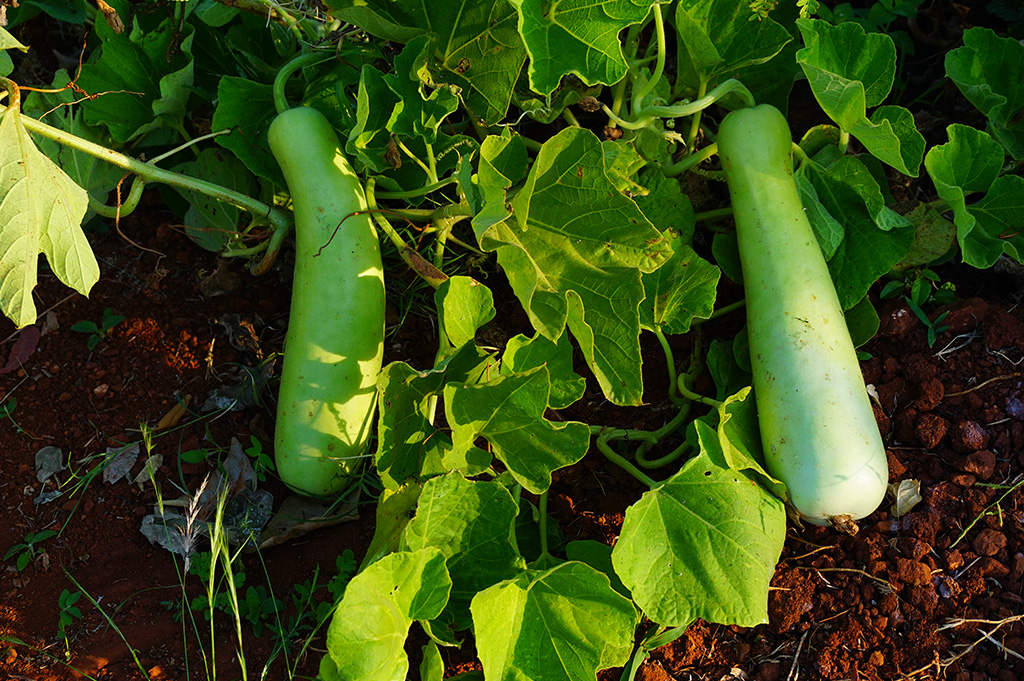 Organic farming is a technique, which involves cultivation of plants and rearing of animals in natural ways. This process involves the use of biological materials, avoiding synthetic substances to maintain soil fertility and ecological balance thereby minimizing pollution and wastage. It relies on ecologically balanced agricultural principles like crop rotation, green manure, organic waste, biological pest control, mineral and rock additives. Organic farming makes use of pesticides and fertilizers if they are considered natural and avoids the use of various petrochemical fertilizers and pesticides.
Organic farming is a technique, which involves cultivation of plants and rearing of animals in natural ways. This process involves the use of biological materials, avoiding synthetic substances to maintain soil fertility and ecological balance thereby minimizing pollution and wastage. It relies on ecologically balanced agricultural principles like crop rotation, green manure, organic waste, biological pest control, mineral and rock additives. Organic farming makes use of pesticides and fertilizers if they are considered natural and avoids the use of various petrochemical fertilizers and pesticides.
- Better Nutrition:Â As compared to a longer time conventionally grown food, organic food is much richer in nutrients. Nutritional value of a food item is determined by its mineral and vitamin content. Organic farming enhances the nutrients of the soil which is passed on to the plants and animals.
- Free of poison:Â Organic farming does not make use of poisonous chemicals, pesticides, and weedicides. Studies reveal that a large section of the population fed on toxic substances used in conventional agriculture have fallen prey to diseases like cancer. As organic farming avoids these toxins, it reduces the sickness and diseases due to them.
- Enhanced Taste:Â The quality of food is also determined by its taste. Organic food often tastes better than other food. The sugar content in organically grown fruits and vegetables provides them with extra taste. The quality of fruits and vegetables can be measured using Brix analysis.
- Longer shelf–life:Â Organic plants have greater metabolic and structural integrity in their cellular structure than conventional crops. This enables storage of organic food for a longer time.
At Chukkimane, we serve organically grown food to guests. We assure food quality and importance of Organic food. Visit Chukkimane to enjoy Nature Tour with tasty organic food,
Courtesy: Conserve energy future





No Comments